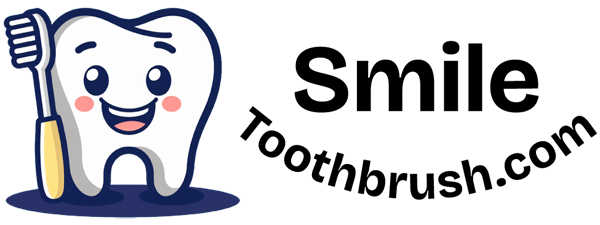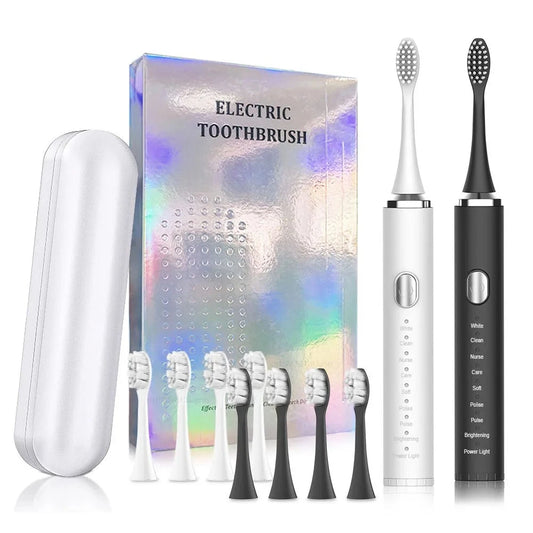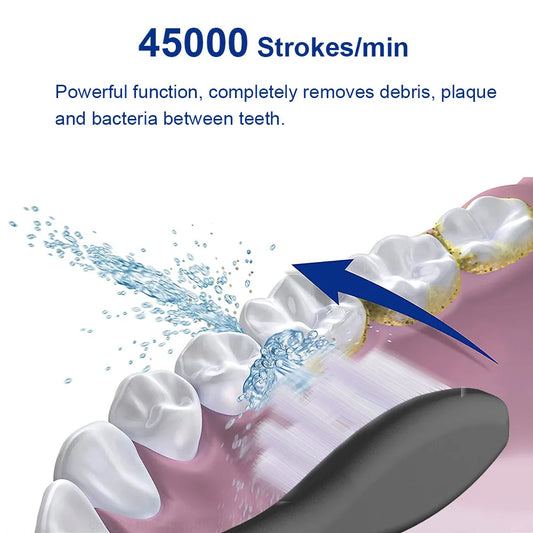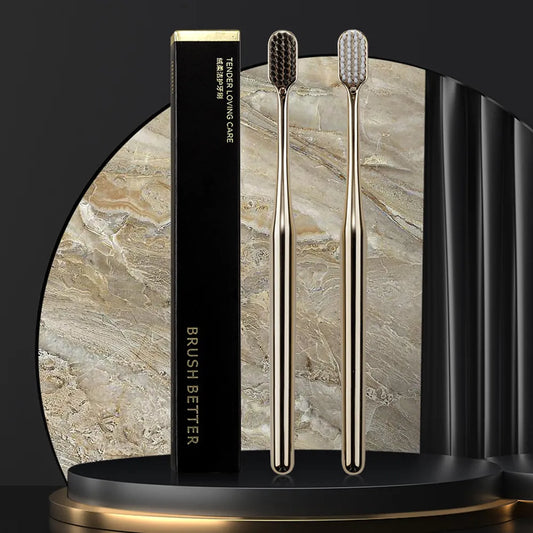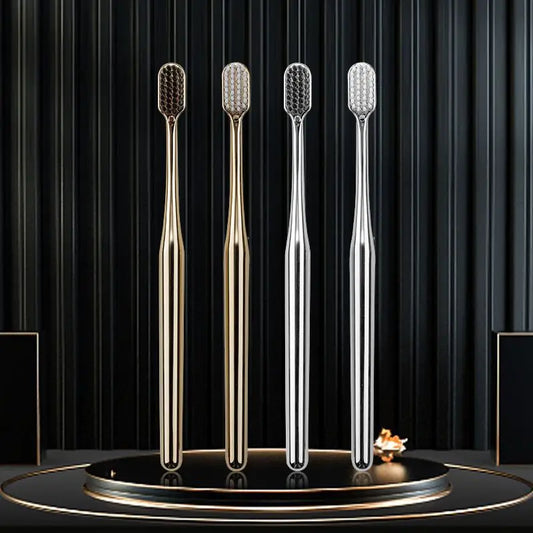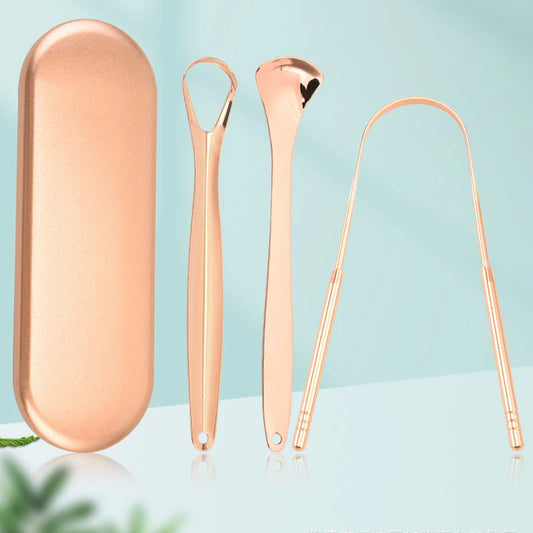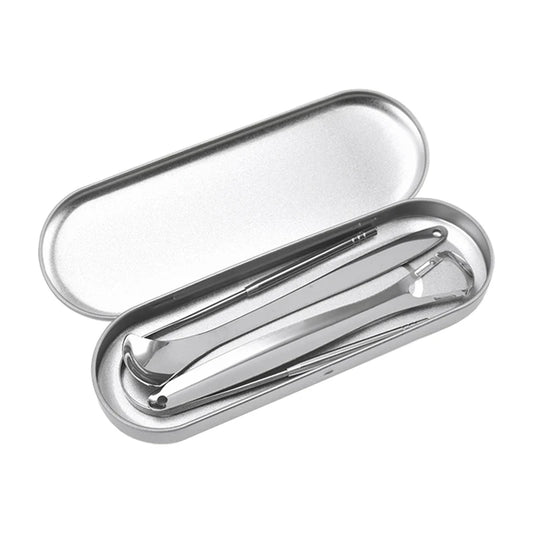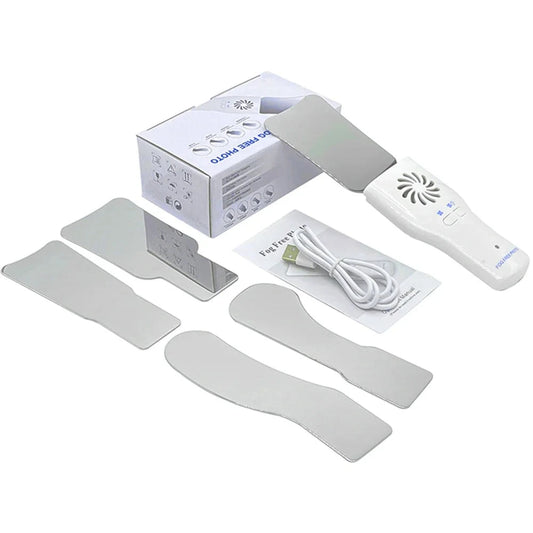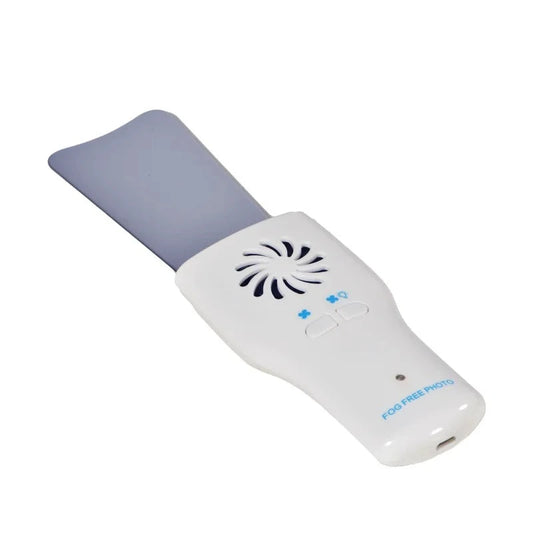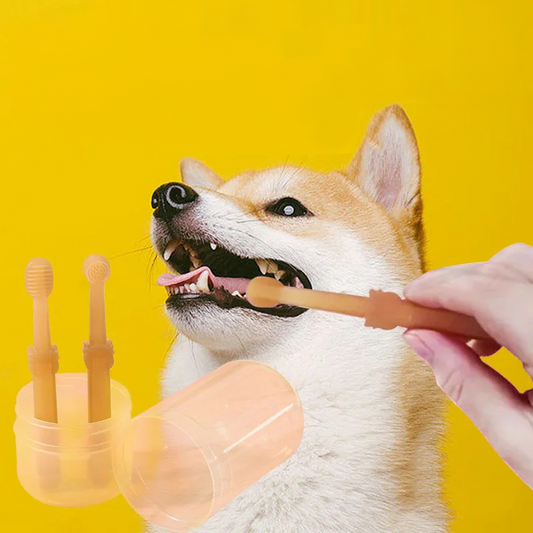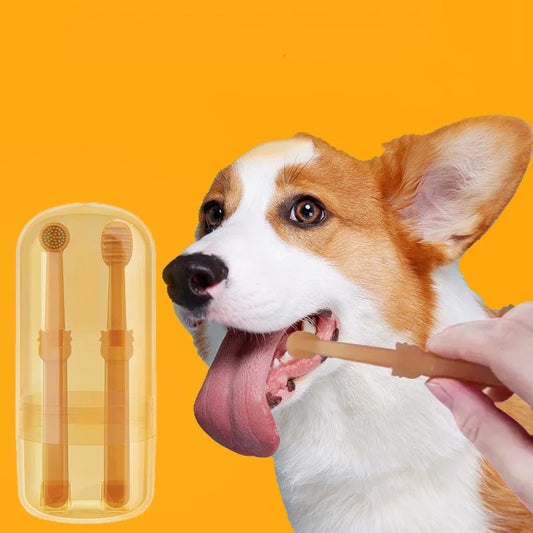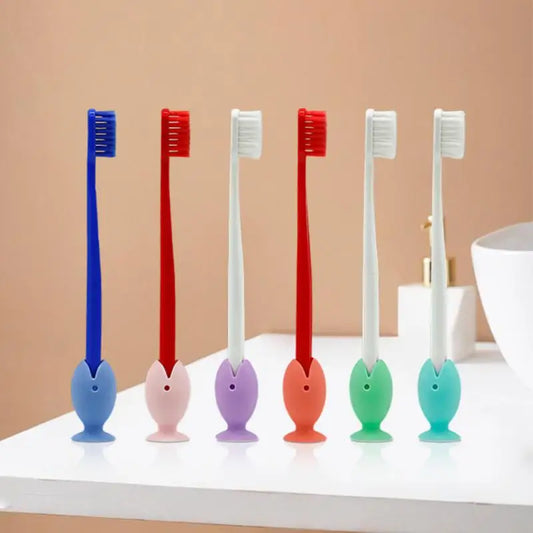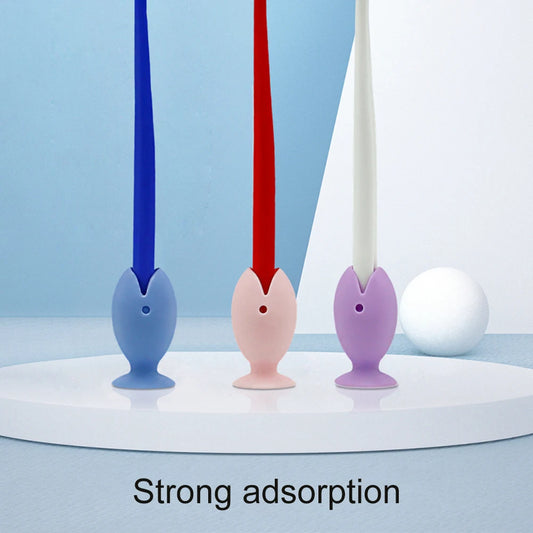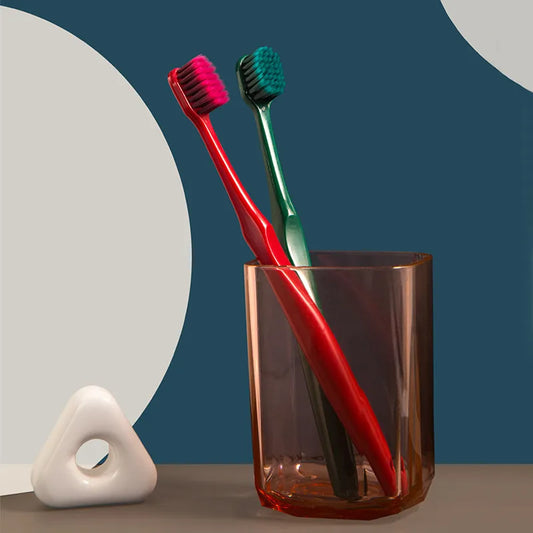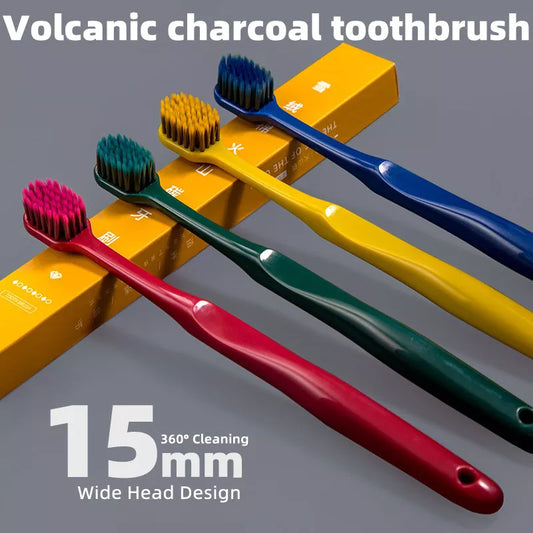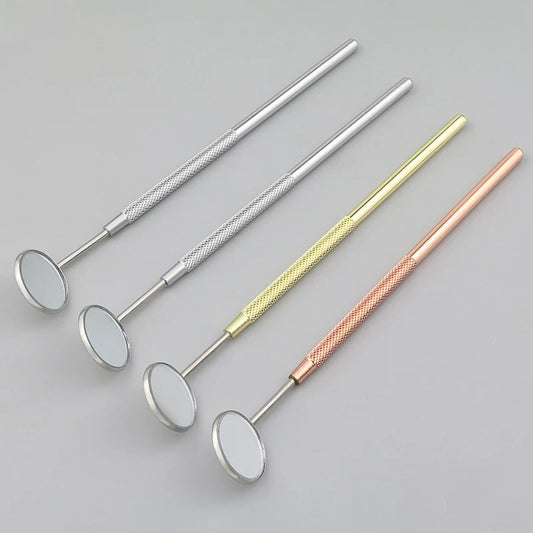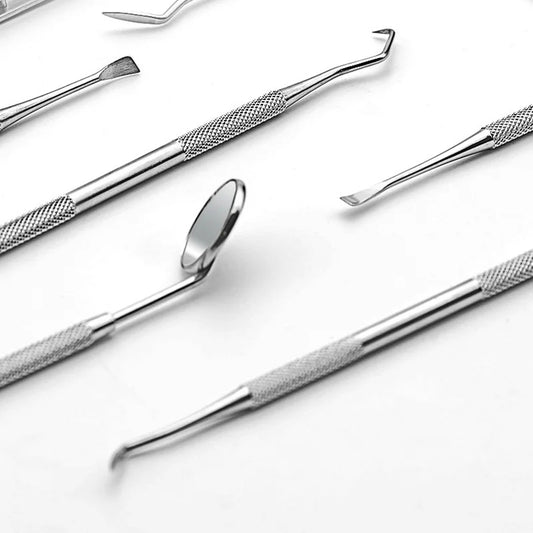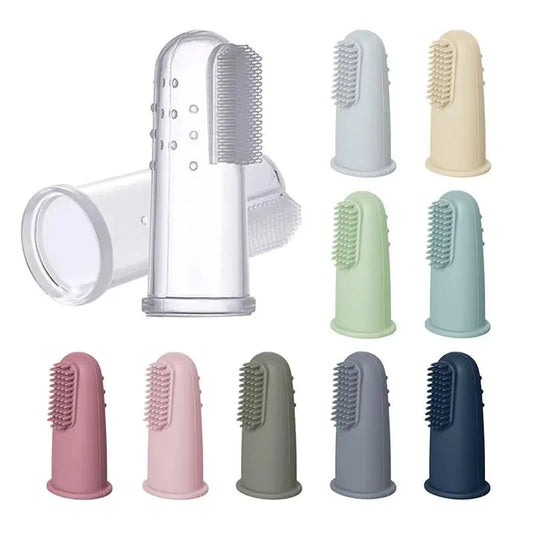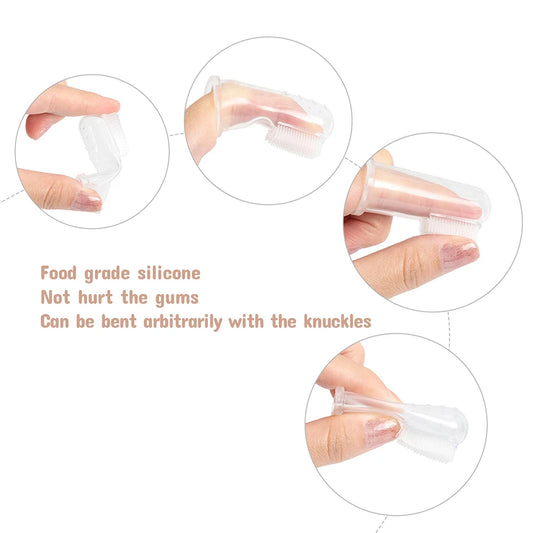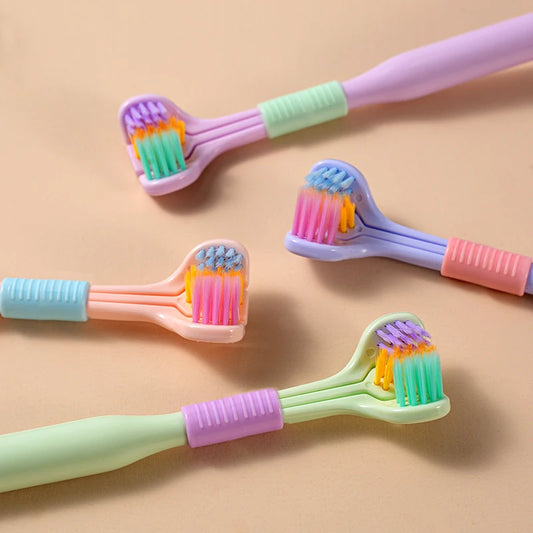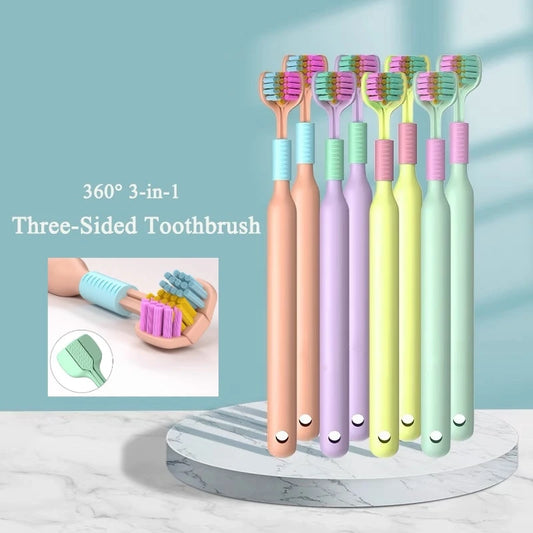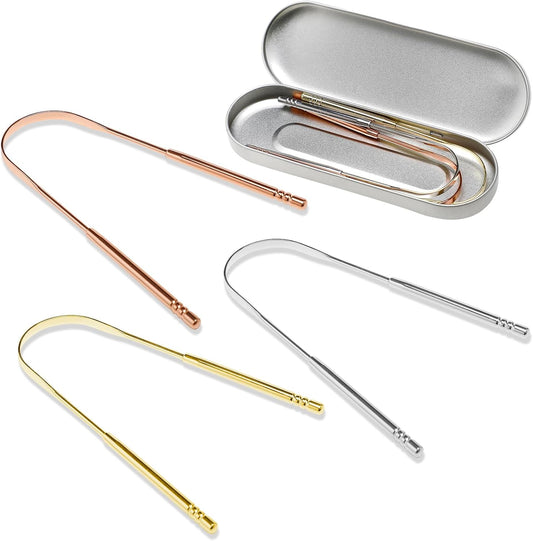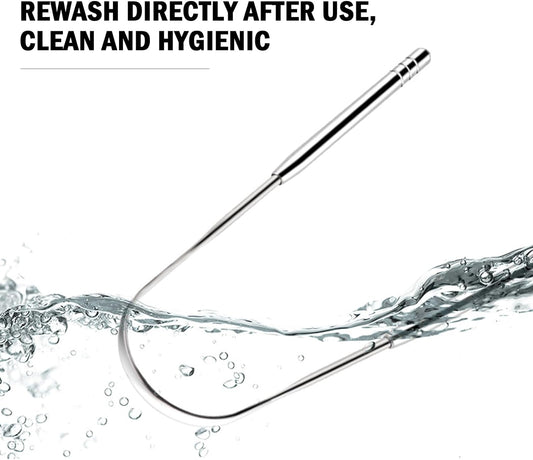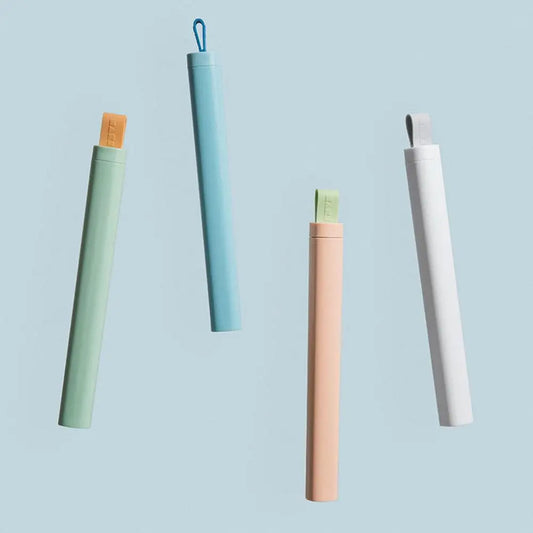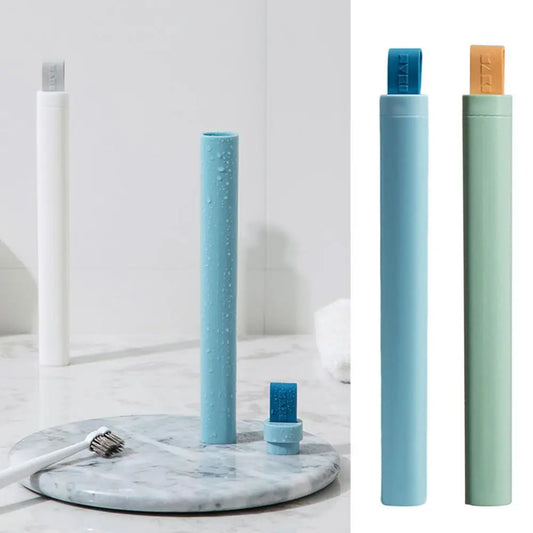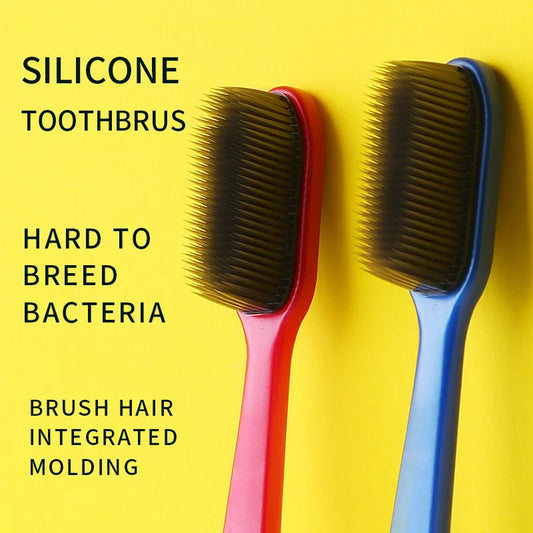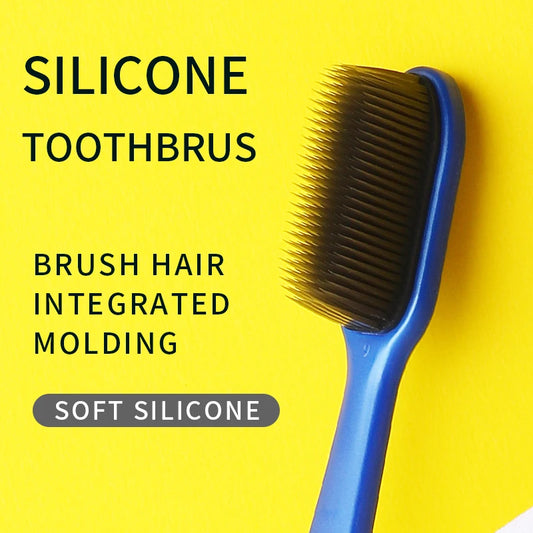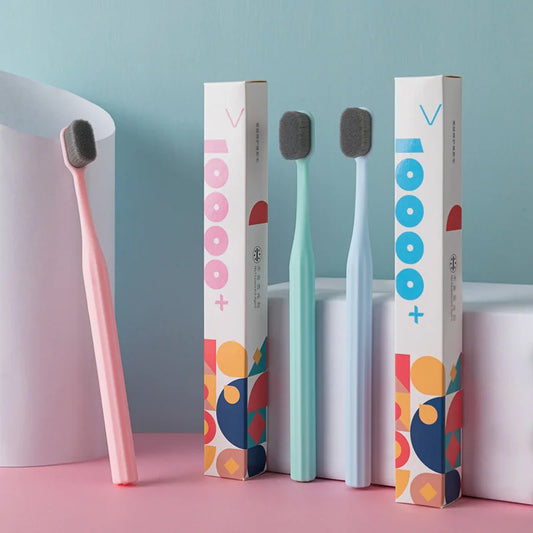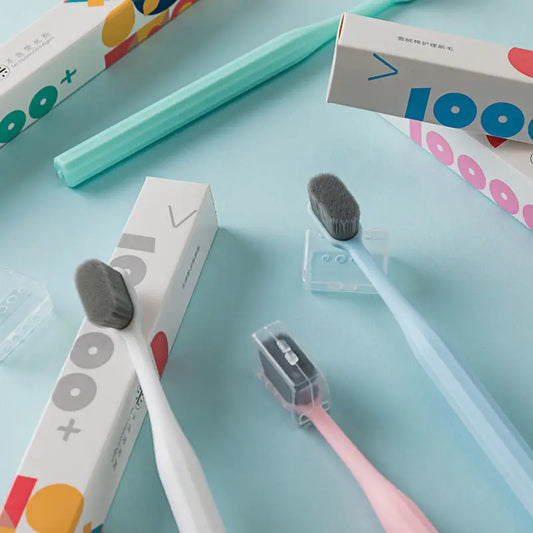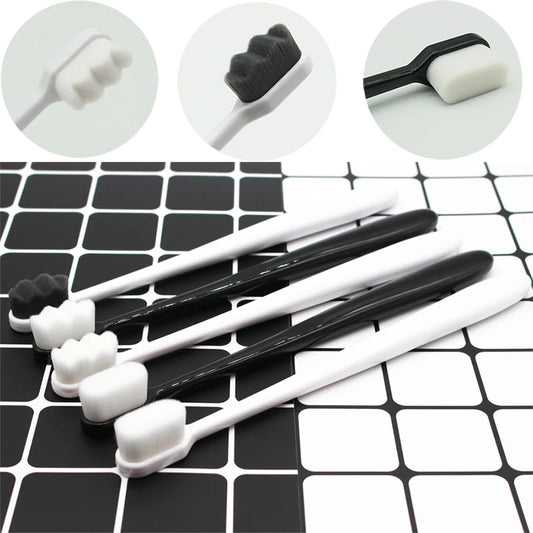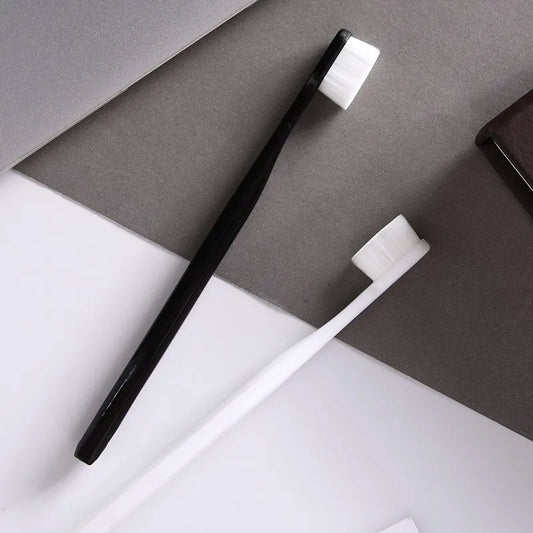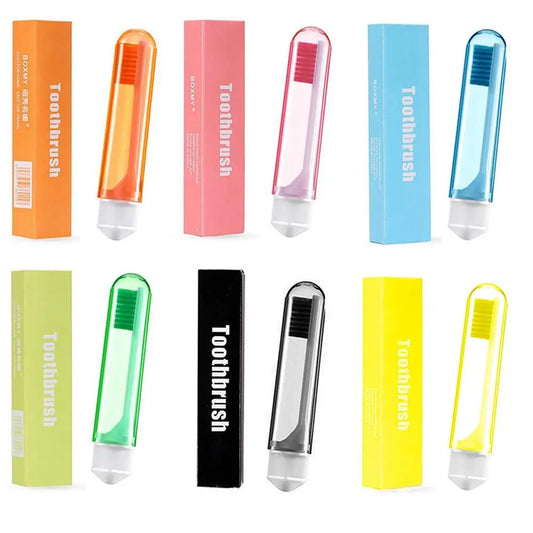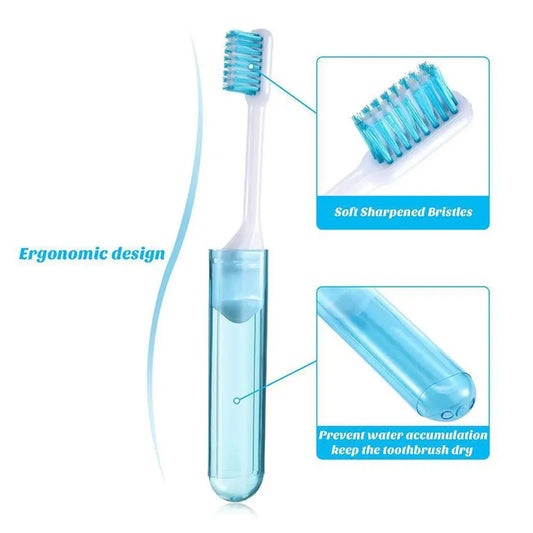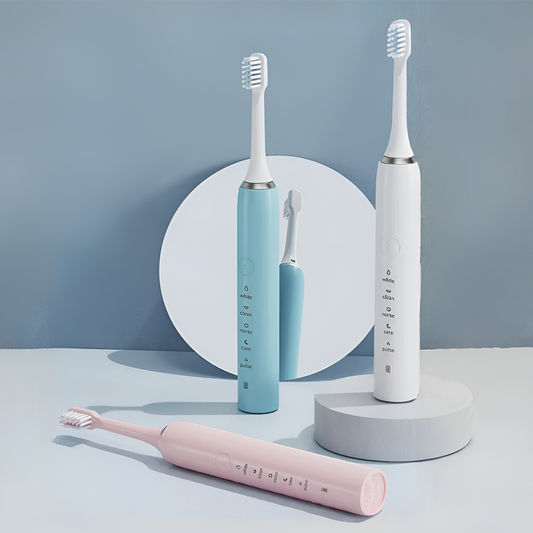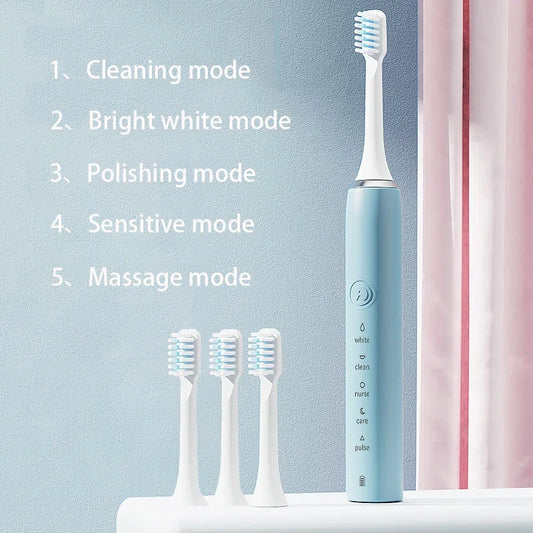Sports are great for fitness and fun, but they can pose risks to your teeth and gums. From chipped teeth to jaw injuries, impacts and falls happen fast. With the right gear and habits, you can protect teeth in sports and keep your smile safe.
Why Teeth Are Vulnerable in Sports
Contact and speed increase the chance of mouth injuries. Common dental issues include chipped or broken teeth, knocked-out teeth, cuts to the gums and lips, and even jaw fractures. Even non-contact sports like cycling, gymnastics, and skateboarding carry a risk from falls or equipment.
Mouthguard Benefits: Your First Line of Defense
A properly fitted mouthguard cushions blows to the face, reducing the risk of dental trauma. Here are key mouthguard benefits:
- Absorbs impact: Helps prevent cracked or broken teeth.
- Protects soft tissues: Shields gums, lips, cheeks, and tongue.
- Stabilizes the jaw: Lowers the risk of jaw injuries.
- Better fit, better protection: Custom dental mouthguards offer superior comfort and durability over boil-and-bite options.
Choosing the Right Mouthguard
Select a guard that fits snugly, allows easy breathing and speaking, and stays in place during activity. Replace it if it becomes thin, warped, or develops tears—worn guards don’t protect as well.
Sports Dental Tips for Every Athlete
- Wear your mouthguard every session: Practices cause as many injuries as games.
- Hydrate often: A moist mouth supports oral health and reduces irritation.
- Skip chewing hard objects: Don’t chew ice, pens, or the mouthguard itself.
- Use a helmet and face shield when indicated: Extra layers reduce facial impact risk.
- Keep a clean routine: Brush twice daily with fluoride toothpaste and floss to keep gums healthy and resilient.
- Schedule pre-season checkups: Your dentist can spot issues that increase injury risk.
What to Do After a Sports Dental Injury
- Chipped or fractured tooth: Rinse your mouth, save any fragments, and see a dentist promptly.
- Knocked-out (avulsed) tooth: Handle by the crown, gently rinse if dirty, and place it back in the socket if possible. If not, store in milk or saline and get emergency dental care immediately (ideally within an hour).
- Soft tissue cuts or heavy bleeding: Apply gentle pressure with clean gauze and seek urgent care.
- Jaw pain or difficulty closing: Avoid biting down and see a dentist or emergency clinic.
Nutrition and Recovery Tips
Support oral resilience with calcium- and vitamin D–rich foods (dairy, leafy greens, fortified alternatives) and avoid frequent sugary or acidic drinks that can weaken enamel. After an injury, follow your dentist’s guidance—soft foods and excellent hygiene speed healing.
Conclusion
Protecting your smile is part of smart training. Consistent mouthguard use, safe equipment, strong hygiene, and quick action after injuries are the winning strategy. With these sports dental tips, you’ll stay focused on performance—while keeping your teeth and gums safe.
